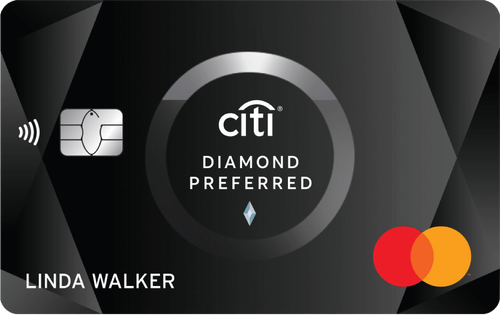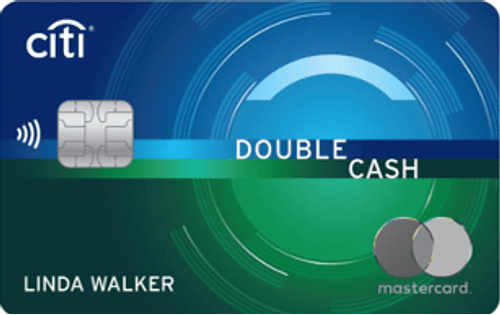Mary Grace McCormick, Credit Writer
@mg_mccormick
The difference between credit card refinancing and debt consolidation is the number of accounts involved. Credit card refinancing usually involves one debt, while debt consolidation involves merging multiple debts. Both credit card refinancing and debt consolidation allow borrowers to reduce the cost of paying off existing debt by lowering the interest rate applicable to the debt, when done successfully. As a result, when you consolidate debt, you are technically refinancing it, too, assuming the terms are different from those of your original lender(s).
Both credit cards and loans can be used for refinancing or consolidation. However, when the terms “credit card refinancing” and “debt consolidation” are used together, they’re usually comparing a balance transfer credit card to a debt consolidation loan. So, for the purposes of this answer, “credit card refinancing” will refer to using a balance transfer credit card to reduce the cost of a debt, and “debt consolidation” will refer to combining multiple debts with a single loan.
Credit Card Refinancing Vs. Debt Consolidation
| Category | Credit Card Refinancing | Credit Card Debt Consolidation |
| How to do it |
|
|
| Benefits |
|
|
| Drawbacks |
|
|
| Who it’s best for |
|
|
Ultimately, the choice between credit card refinancing and debt consolidation comes down to your specific debt situation and credit score. Once you have made a decision, prioritize your monthly payment obligations and practice good financial habits to avoid future debt problems.
People also ask
Did we answer your question?
Important Disclosures
Ad Disclosure: Certain offers that appear on this site originate from paying advertisers. For full transparency, here is a list of our current advertisers.
Advertisers compensate WalletHub when you click on a link, or your application is approved, or your account is opened. Advertising impacts how and where offers appear on this site (including, for example, the order in which they appear and their prevalence). At WalletHub we try to present a wide array of offers, but our offers do not represent all financial services companies or products.
Advertising enables WalletHub to provide you proprietary tools, services, and content at no charge. Advertising does not impact WalletHub's editorial content including our best picks, reviews, ratings and opinions. Those are completely independent and not provided, commissioned, or endorsed by any company, as our editors follow a strict editorial policy.


